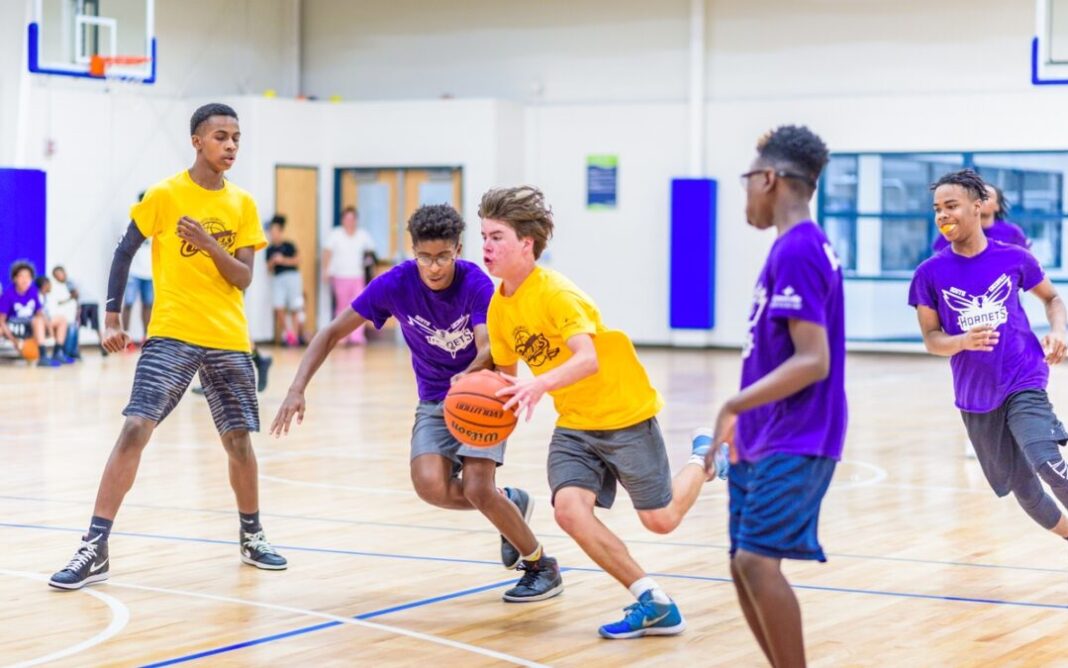Sports physicals are a standard requirement for kids who want to play sports. It checks if they are healthy enough to participate safely. Sometimes, kids don’t pass the exam on their first try. Here’s what a failed physical may mean and what to do about it:
What Does Failing Mean?
Failing a sports physical doesn’t always mean there’s a serious problem. It simply means a healthcare provider found a potential issue that needs checking before your child can play sports. This could relate to their physical health, mental health, or specific risks from a condition.
The physical exam might find a heart murmur, symptoms of asthma, or signs of a back issue. These aren’t automatic disqualifications but signs that further care is needed. The goal is to keep your child safe while playing sports. While failing a physical might be a setback, it may give you a chance to address health problems you may not have noticed before.
Why Might This Happen?
There are several reasons why a child might not pass a sports physical. Typical reasons include heart problems like abnormal rhythms or murmurs, breathing issues such as uncontrolled asthma, issues like joint or muscle injuries, and vision or hearing problems that affect coordination. This isn’t a full list, but it highlights some of the factors doctors evaluate during the exam. Failing the physical doesn’t mean your child will be banned from sports forever. Sometimes, treating a single issue or taking safety precautions can help your child participate without problems.
What Will Happen Next?
If your child doesn’t pass the sports physical, the next steps are usually simple. Doctors typically provide clear guidance on the next steps, which depend on the specific concern identified. Here’s what you might encounter:
- Follow-up Tests or Referrals: Doctors may suggest additional tests such as blood tests, an EKG, or allergy tests. They might also recommend seeing a specialist.
- Temporary Rest or Restrictions: If there are injuries or fatigue, a short recovery period may be recommended. This could include physical therapy, rest, or specific exercises to strengthen certain areas. Once cleared, your child can return to sports, either fully or with slight limitations.
- Long-term Treatments or Changes: For ongoing conditions like asthma or high blood pressure, management strategies might be introduced. These can include medications, using inhalers during games, or making dietary changes.
Remember, your child’s medical history, symptoms, and overall health help guide these decisions. While it might be challenging at first, most issues found during sports physicals are treatable.
Is Participation Still Possible?
Many parents worry about whether their child will be banned from sports permanently. Most kids can play again once their medical conditions are under control. A child with asthma might be allowed to play after starting medication or using an inhaler suitable for sports. A child recovering from a knee injury might have to wait a few weeks before returning to the field, but they can typically go back to playing afterward. These plans aim to keep kids active and safe, rather than banning them from sports.
Schedule Sports Physicals Today
Failing a sports physical isn’t the end of the world. It’s a key tool that spots health issues and helps protect your child’s well-being. Acting quickly on the feedback from the exam may improve the chances of your child playing sports safely and also benefit their long-term health. Work closely with healthcare providers to address any concerns, and remember, this process is all about keeping kids healthy, happy, and safe while they enjoy sports.
- Pedrovazpaulo Wealth Investment: Unlocking Financial Freedom Through Innovative Strategies
- EO Pis: A Comprehensive Guide to Environmental Objectives and Performance Indicators
- Premiumindo69: The Future of Digital Entertainment
- Macadamia Nut Milk: Health Benefits, Recipes, and Why It’s the Perfect Dairy-Free Alternative
- Hentquz: The Future of Productivity and Collaboration


